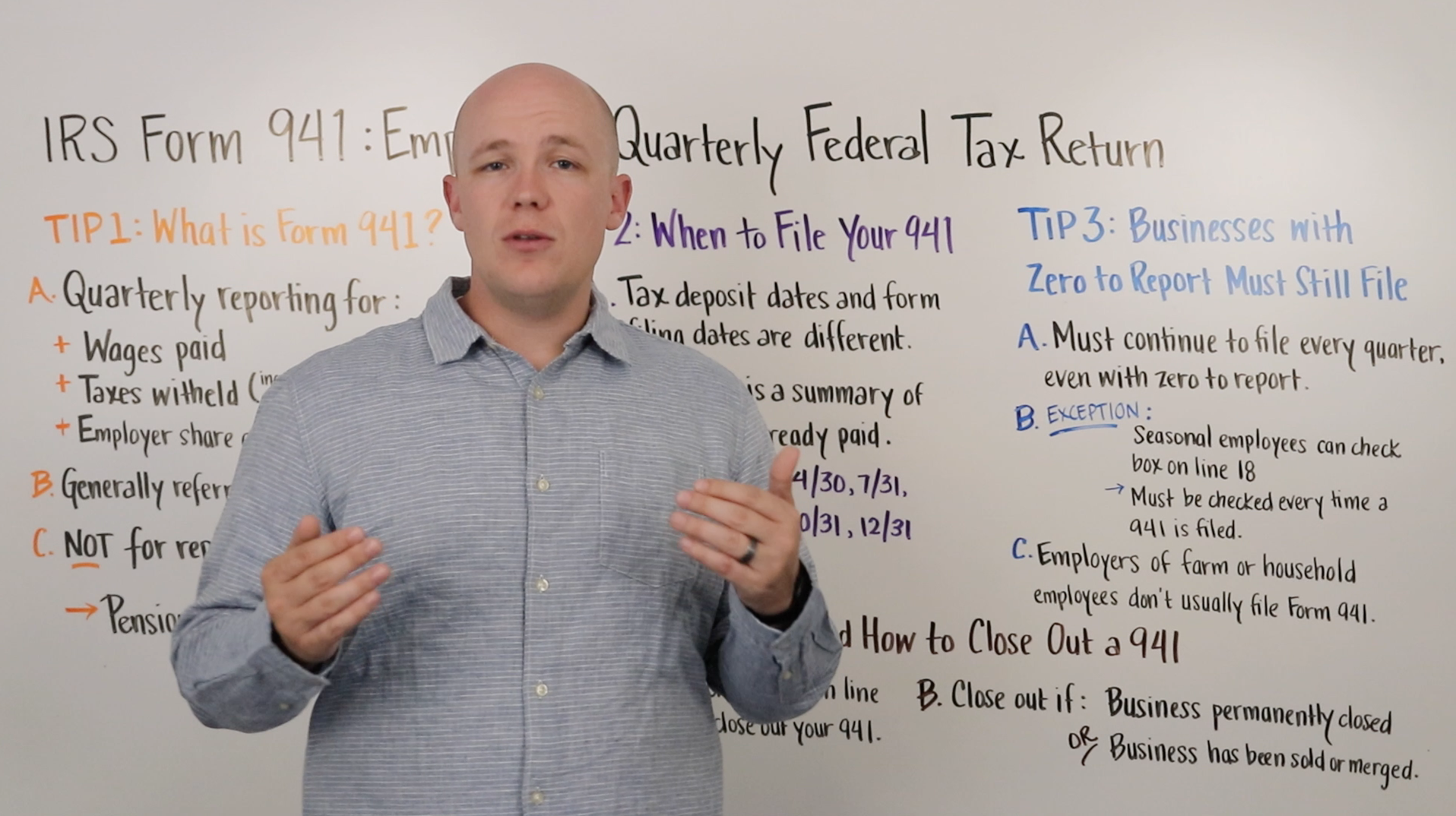As you know, preparing tax returns for small business clients is a bigger task than preparing tax returns for individuals. There are more considerations and factors that have to be accounted for. While you can largely affect your small business client’s tax situation by offering your services and financial advice, there are certain actions your clients should understand and take care of themselves. In this post, we go over three things your small business clients can do to prepare for an efficient tax season and a better financial year.
Organize important tax documents
Before you meet with clients who are small business owners, advise them to gather the following documents for an efficient tax appointment:
- A complete and up to date trial balance
- Records of current year major asset purchases, disposals, or lease arrangements
- A copy of their 2019 tax return if you didn’t prepare their tax returns last year
- Any documentation related to federal or state credits being claimed
- Mileage logs
- Documentation of federal and state tax payments made
- Names, addresses, and FEINs of vendors paid that may need 1099-MISC issued
- Any payments made from their accounts or credit cards that were not recorded in the company records
- Details of loans and any advances or repayments between the business and owners
- Annual payroll records
- Any distributions from equity owners
As your client gathers their tax documents, they should review overtime paid to employees and contractor payments. Paying attention to trends and changes for those categories will help their business planning for next year. Too much overtime will burn out employees and lead to turnover. It may be cheaper for the business owner to hire additional employees than to pay excess overtime. Your client should also make sure their contractors are still providing value for payments and staying in budget. Contractors should be reviewed at least annually to determine the appropriate amount of service needed.
For efficient gathering of documentation for next tax season, your clients should start building their tax document file from the beginning of each reporting year. They shouldn’t leave documents stacked on a desk or loose in a file cabinet.

Avoid common tax mistakes
Owning a small business comes with making a lot of financial decisions, and many small business owners make a lot of mistakes along the way. Those mistakes become apparent once tax season rolls around and you prepare their tax return. You can’t stop your client from making mistakes, but you can equip them with the information and assistance needed to make more informed, tax-savvy decisions. Here are five of the most common small business tax mistakes that you can help your client avoid.
Taking the short-term view
With the tax landscape in flux, there are opportunities to get the best result by timing transactions in a specific year. If the focus is only on this year, then your client will end up paying more taxes than might be warranted.
If the goal is always to reduce taxes to zero, your small business client may find they do not qualify for as much social security as they hoped when they retire, and in later years they may have already used possible expenses like depreciation to reduce income taxes. This can result is pushing your client into higher tax rates than if the income and expenses had been managed better.
Not being willing to go through required steps to get desired results
Some tax strategies require more than just filing certain tax forms with your client’s tax return. For example, a like-kind exchange involves strictly documenting decisions on certain dates and usually using an intermediary to hold the sale proceeds until replacement property is purchased. Your client can’t get the desired tax deferral of the gain on sale of building if they don’t follow the steps prescribed.
Fudging the facts to get desired results
Fudging facts won’t stand up in audit, and sometimes events must occur such as placing an asset in service before depreciation starts. If the shipping wrapping has not been removed, your client has not taken possession of the asset, or the asset has not been plugged in/ tested/ used once before the end of the year, they should not start depreciating it.

Buying more than they need in contracted services
Your client should determine the break-even point on contracted services. Often their options are pay-per-use, pay for a block of use, or pay for unlimited use. They should determine their actual average use to determine the right plan for their company.
Missing opportunities when tax law changes
There were quite a few changes made in 2020 under the CARES Act and the SECURE Act. A lot of your clients will not know the tax law changes, and that may result in them wanting to take a deduction they don't qualify for or not knowing how to report certain actions they took throughout the year. Helping your small business clients be aware of tax law changes (especially around PPP loans) and how those changes affect them is critical to your client making effective decisions during the year.

Keep organized and updated throughout the year
If small business owners dedicate some time to being more organized financially throughout the year, preparing for tax season shouldn’t be as large of a task. Here are three things your clients can do consistently to keep up to date with the financial state of their business.
Keep track of which account paid which bill
Often small business owners will pay purchases out of their own pocket for convenience or when the company is tight on cash. Recording these actions is important since any such transaction not entered has almost no chance of getting deducted on the tax return.
Keep accounting up to date
Many small businesses put accounting last on priority since owners would rather be out making money than entering transactions. If the business has a bookkeeper, the owner needs to check their work occasionally.
Share responsibilities
Your clients can avoid the opportunity for fiscal mismanagement by not letting their bookkeeper have too many responsibilities without some oversight such as receiving bank statements, reconciling the bank accounts, paying bills, and being able to represent the company at the bank. Your small business clients should also follow up with any government notices. It is not enough for them to hand them over to the bookkeeper and hope they deal with it completely.

Want more ideas for how you can add more value to your clients this tax season? Check out this blog post.







Get Our Latest Updates and News by Subscribing.
Join our email list for offers, and industry leading articles and content.